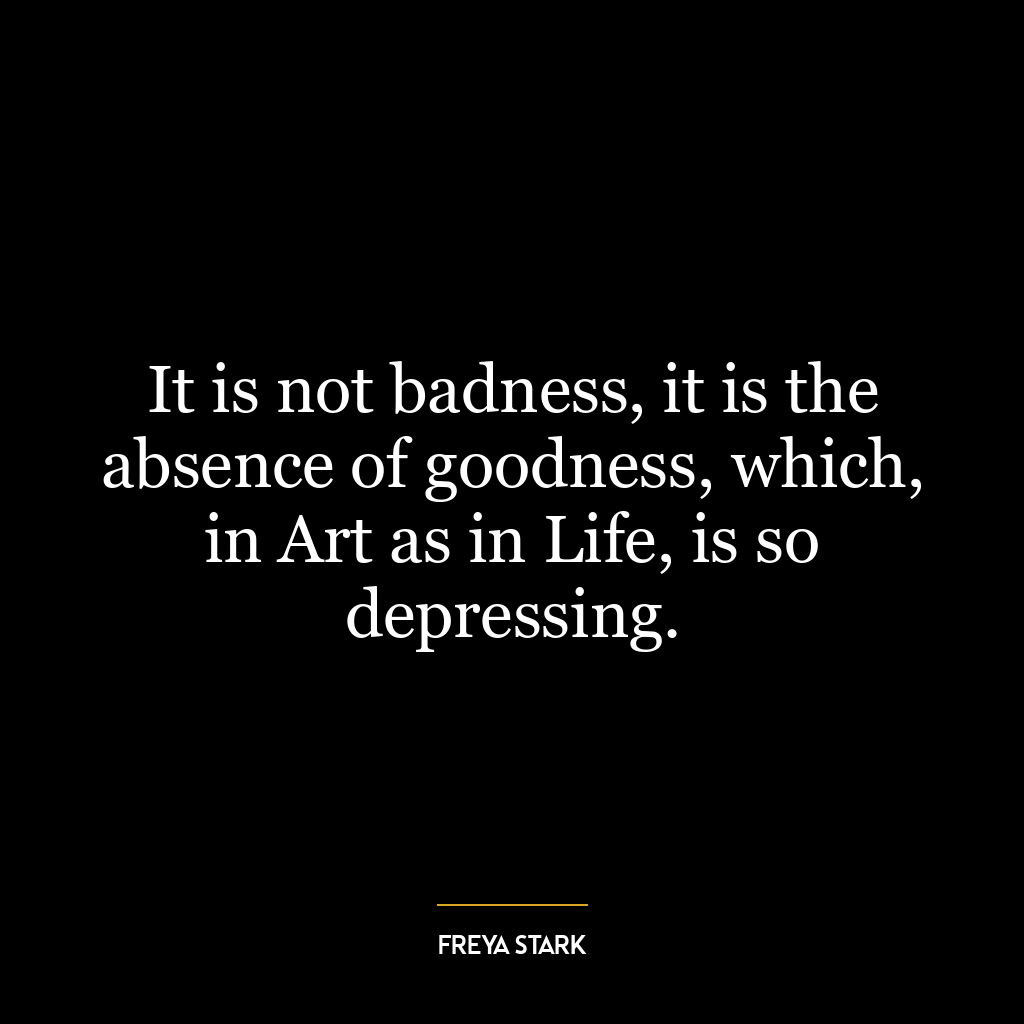All killing is not murder any more than all sexual intercourse is adultery.
The quote “All killing is not murder any more than all sexual intercourse is adultery” by C.S. Lewis draws parallels between two seemingly different activities – killing and sexual intercourse, and their moral counterparts – murder and adultery. The essence of the quote lies in understanding the underlying conditions that categorize an act as morally wrong or right.
In this context, ‘killing’ refers to the act of taking a life, while ‘murder’ is an unlawful premeditated killing. Similarly, ‘sexual intercourse’ refers to a physical relationship between two individuals while ‘adultery’ involves betrayal or infidelity within a committed relationship. Therefore, not all instances of killing are considered murder just like not all acts of sexual intercourse are deemed as adultery.
This statement highlights how context plays a pivotal role in determining whether an action is morally acceptable or unacceptable. Killing in self-defense or during warfare might be justified under certain circumstances whereas cold-blooded murder isn’t. Likewise, consensual sex within the bounds of marriage or committed relationships isn’t considered immoral unlike engaging in extramarital affairs.
Applying this idea to today’s world can help us understand that actions cannot be judged without considering the context they’re performed in. For instance, euthanasia (mercy killing) may be seen as an act of compassion rather than murder if it’s done to relieve someone from incurable suffering.
In terms of personal development, this concept teaches us about empathy and nuanced thinking – understanding that people’s actions often have reasons behind them that we might not see at first glance. It encourages us to refrain from hasty judgments based on superficial observations and instead take time to understand the circumstances surrounding those actions before forming our opinions.








